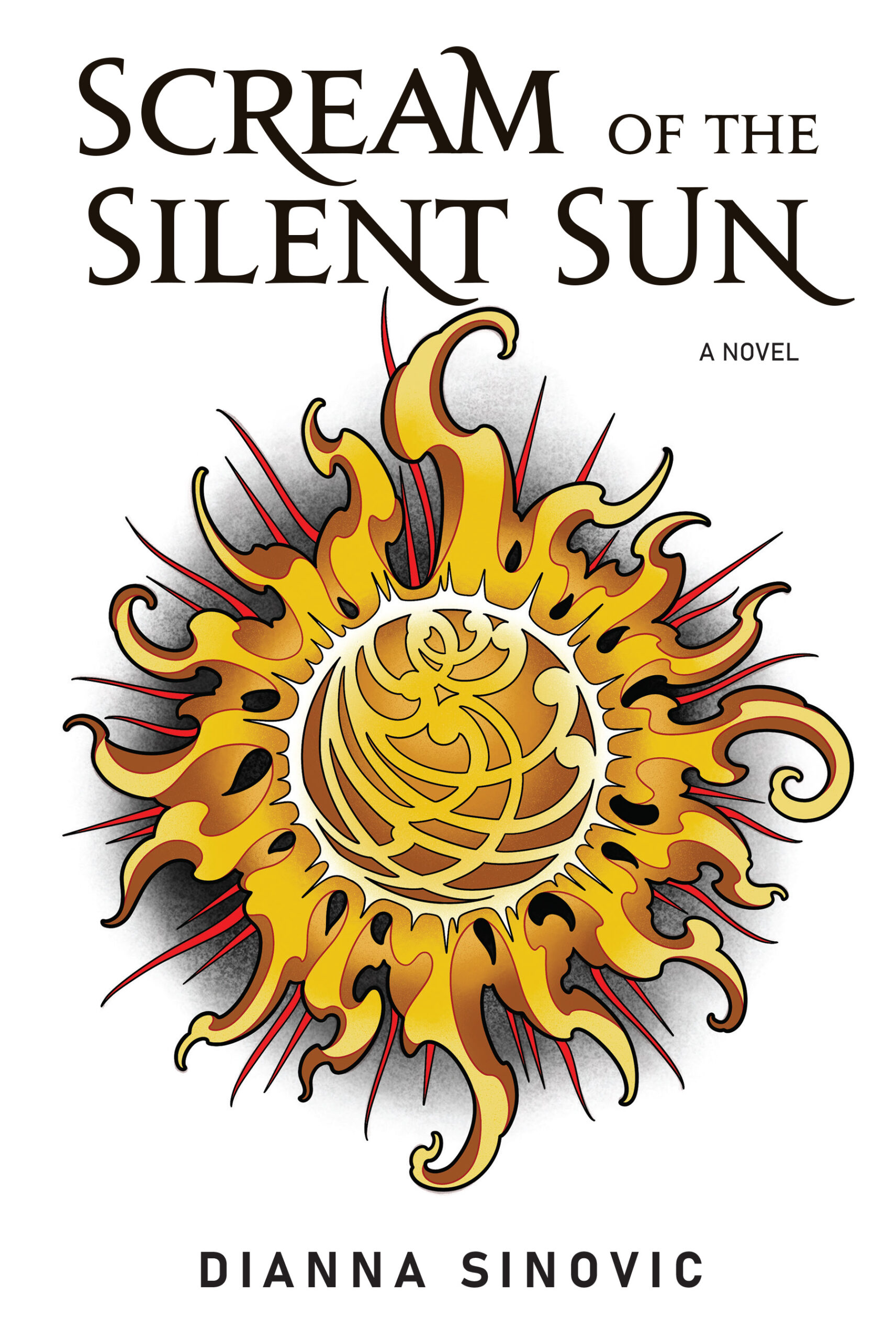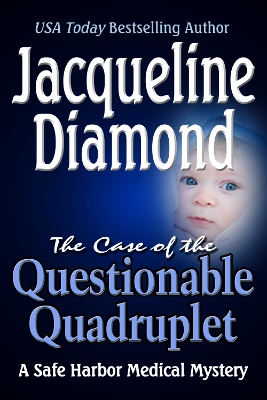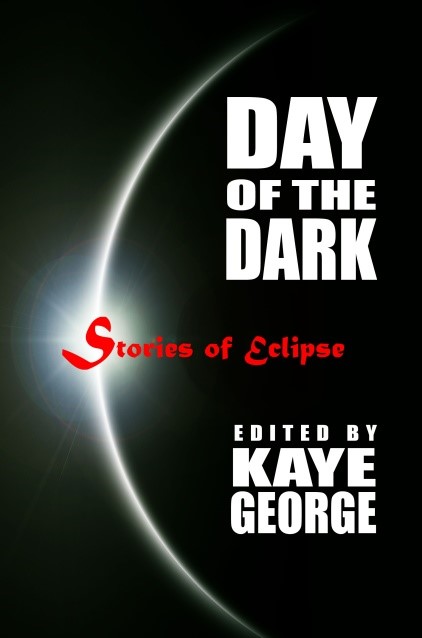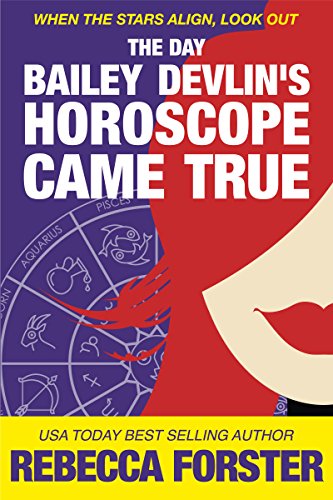
I regularly turn to my writing critique group to share my WIP and gain valuable feedback from fellow writers.

But I also find much value in my monthly book group—and not just because I love to read and then discuss what I’ve read. I marvel at how divergent opinions can be about a book. I’ve wondered at times: Are we talking about the same novel?
Sometimes—actually, rarely—the group coalesces in full delight about a book. More often, some love it, some find it so-so, and some are outright sorry they read beyond the first chapter.
Of course, sites like Goodreads offer ratings and reviews on books for people who don’t have or don’t want to be in a book discussion group. But sitting together with a glass of wine and a plate of snacks is my preferred way of finding out what others think about that new novel or latest work of nonfiction. (My group reads both.)

As a writer, I also see how my take on a book is often at least somewhat different from a nonwriter. I can get caught up in the craft—how do the sentences flow, why did the author use that story structure—and forget that most readers just want a good story. The structural elements are important; they are the solid framework upon which the good story is built. But many readers are willing to give a pass on less-than-perfect structure if they are compelled to keep turning the pages to find out what’s going to happen.
It’s often a reminder to me that as writers we can’t predict what will appeal or connect with readers. One example is Kate Atkinson’s A God in Ruins. While I thoroughly enjoyed the novel—the crisp narrative, the layered characters, the grim depiction of war—I was disappointed in the ending, which I thought was a cheap shot, the equivalent of a story in which the main character wakes up to realize it’s all been a dream. But one member of my group gave an alternative explanation. For her, the ending with its surprise reveal represented the awful price the soldiers paid: that they forfeited their future, of what might have been. I had to agree.
- Author Bio
- Recent posts
- Books
-
July 1, 2025
Born and raised in the Midwest, Dianna has also lived in three other quadrants of the U.S. She writes short stories and poetry, and has just released a full-length novel, Scream of the Silent Sun.
-
June 30, 2025
“Did I tell you about the time Aunt Jen and I found a wooden box on the beach?” Molly pulled her jacket tighter against the chill that had descended along with the sunset. Her three kids sat around the fire with her, listening to the crackle of the flames as the night around them darkened.
-
May 30, 2025
Lily pressed her flowered handkerchief to her forehead and wondered for the fifth time that day why she had signed up for the Festival of the Earth event.
-
April 30, 2025
The accountant opened the folder and skimmed the stack of documents it contained. A W-2, 1099s, receipts, investment summaries, it was all there, Annie hoped. Matt always left it up to her to compile the papers needed before they sat down with Tom, their CPA. Her business was laden with supply orders, customer invoices, and back-end pay-outs. Matt worked in analytical statistics for a pharma company: salary, health insurance, 401(K), easy-peasy.
-
March 30, 2025
The conversations murmuring around her provided white noise for Erica as she sat at her laptop in the busy coffeeshop. One more chapter to finish. Then a scrap of an exchange broke through her deep concentration.

Related
Affiliate Links
A Slice of Orange is an affiliate with some of the booksellers listed on this website, including Barnes & Nobel, Books A Million, iBooks, Kobo, and Smashwords. This means A Slice of Orange may earn a small advertising fee from sales made through the links used on this website. There are reminders of these affiliate links on the pages for individual books.
Search A Slice of Orange
Find a Column
Archives
Featured Books
Scream of the Silent Sun
Will Quinn Thomas find her missing brother in time to save him?
More info →
LAIRD OF STEEL
Gellir faces the one intrepid warrior he may not be able to conquer.
More info →THE CASE OF THE QUESTIONABLE QUADRUPLET
A patient shares a puzzling secret with Dr. Darcy—and then someone kills her.
More info →DAY OF THE DARK
A recipe for disaster: take one total solar eclipse, add two dozen spine-chilling mysteries, and shake the reader until the world ends in Day of the Dark!
More info →THE DAY BAILEY DEVLIN’S HOROSCOPE CAME TRUE
Oh, boy! Oh, Bailey! What are you going to do when Fate decides to have a little fun?
More info →Newsletter
Contributing Authors
Search A Slice of Orange
Find a Column
Archives
Authors in the Bookstore
- A. E. Decker
- A. J. Scudiere
- A.J. Sidransky
- Abby Collette
- Alanna Lucus
- Albert Marrin
- Alice Duncan
- Alina K. Field
- Alison Green Myers
- Andi Lawrencovna
- Andrew C Raiford
- Angela Pryce
- Aviva Vaughn
- Barbara Ankrum
- Bethlehem Writers Group, LLC
- Carol L. Wright
- Celeste Barclay
- Christina Alexandra
- Christopher D. Ochs
- Claire Davon
- Claire Naden
- Courtnee Turner Hoyle
- Courtney Annicchiarico
- D. Lieber
- Daniel V. Meier Jr.
- Debra Dixon
- Debra H. Goldstein
- Debra Holland
- Dee Ann Palmer
- Denise M. Colby
- Diane Benefiel
- Diane Sismour
- Dianna Sinovic
- DT Krippene
- E.B. Dawson
- Emilie Dallaire
- Emily Brightwell
- Emily PW Murphy
- Fae Rowen
- Faith L. Justice
- Frances Amati
- Geralyn Corcillo
- Glynnis Campbell
- Greg Jolley
- H. O. Charles
- Jaclyn Roché
- Jacqueline Diamond
- Janet Lynn and Will Zeilinger
- Jaya Mehta
- Jeannine Atkins
- Jeff Baird
- Jenna Barwin
- Jenne Kern
- Jennifer D. Bokal
- Jennifer Lyon
- Jerome W. McFadden
- Jill Piscitello
- Jina Bacarr
- Jo A. Hiestand
- Jodi Bogert
- Jolina Petersheim
- Jonathan Maberry
- Joy Allyson
- Judy Duarte
- Justin Murphy
- Justine Davis
- Kat Martin
- Kidd Wadsworth
- Kitty Bucholtz
- Kristy Tate
- Larry Deibert
- Larry Hamilton
- Laura Drake
- Laurie Stevens
- Leslie Knowles
- Li-Ying Lundquist
- Linda Carroll-Bradd
- Linda Lappin
- Linda McLaughlin
- Linda O. Johnston
- Lisa Preston
- Lolo Paige
- Loran Holt
- Lynette M. Burrows
- Lyssa Kay Adams
- Madeline Ash
- Margarita Engle
- Marguerite Quantaine
- Marianne H. Donley
- Mary Castillo
- Maureen Klovers
- Megan Haskell
- Melanie Waterbury
- Melisa Rivero
- Melissa Chambers
- Melodie Winawer
- Meriam Wilhelm
- Mikel J. Wilson
- Mindy Neff
- Monica McCabe
- Nancy Brashear
- Neetu Malik
- Nikki Prince
- Once Upon Anthologies
- Paula Gail Benson
- Penny Reid
- Peter J Barbour
- Priscilla Oliveras
- R. H. Kohno
- Rachel Hailey
- Ralph Hieb
- Ramcy Diek
- Ransom Stephens
- Rebecca Forster
- Renae Wrich
- Roxy Matthews
- Ryder Hunte Clancy
- Sally Paradysz
- Sheila Colón-Bagley
- Simone de Muñoz
- Sophie Barnes
- Susan Kaye Quinn
- Susan Lynn Meyer
- Susan Squires
- T. D. Fox
- Tara C. Allred
- Tara Lain
- Tari Lynn Jewett
- Terri Osburn
- Tracy Reed
- Vera Jane Cook
- Vicki Crum
- Writing Something Romantic
Affiliate Links
A Slice of Orange is an affiliate with some of the booksellers listed on this website, including Barnes & Nobel, Books A Million, iBooks, Kobo, and Smashwords. This means A Slice of Orange may earn a small advertising fee from sales made through the links used on this website. There are reminders of these affiliate links on the pages for individual books.




























































As we often say among poets, once a poem leaves the poet, it becomes the reader’s poem. Each reader brings their own life experience, emotion and perspective to a narrative of any kind. I suppose the novel or story becomes an extension of the reader’s mind in that respect.
Neetu, yes, I agree. We bring what we know to the works we are reading. When a friend/another reader turns that prism slightly for us, we are able to glimpse a different point of view.